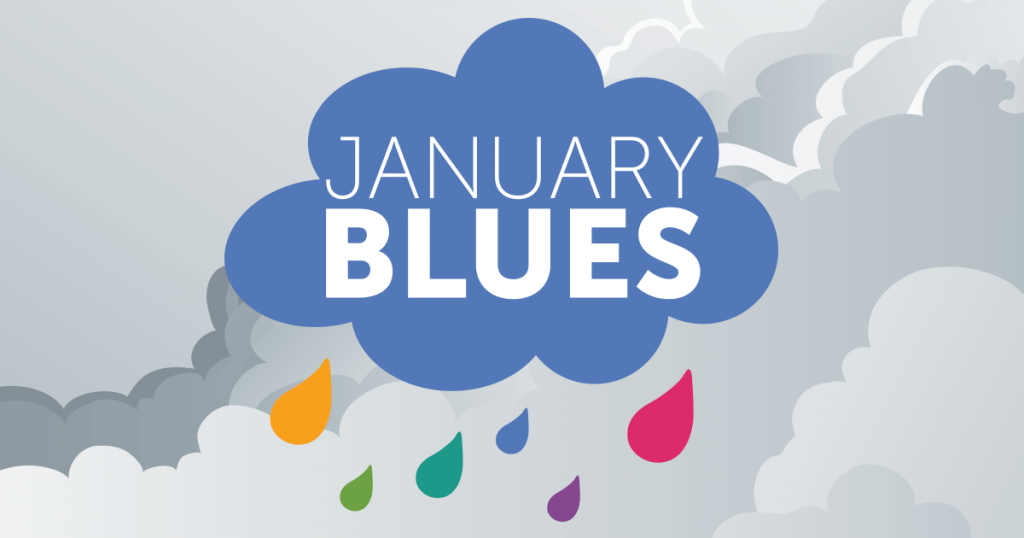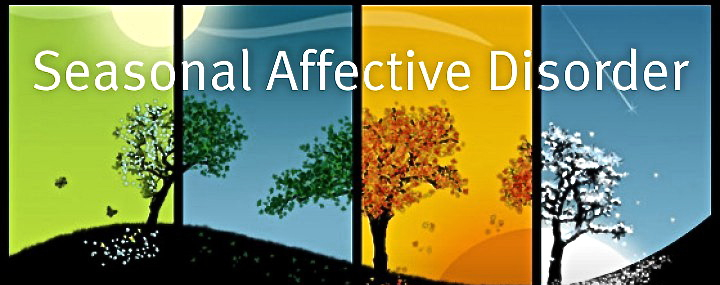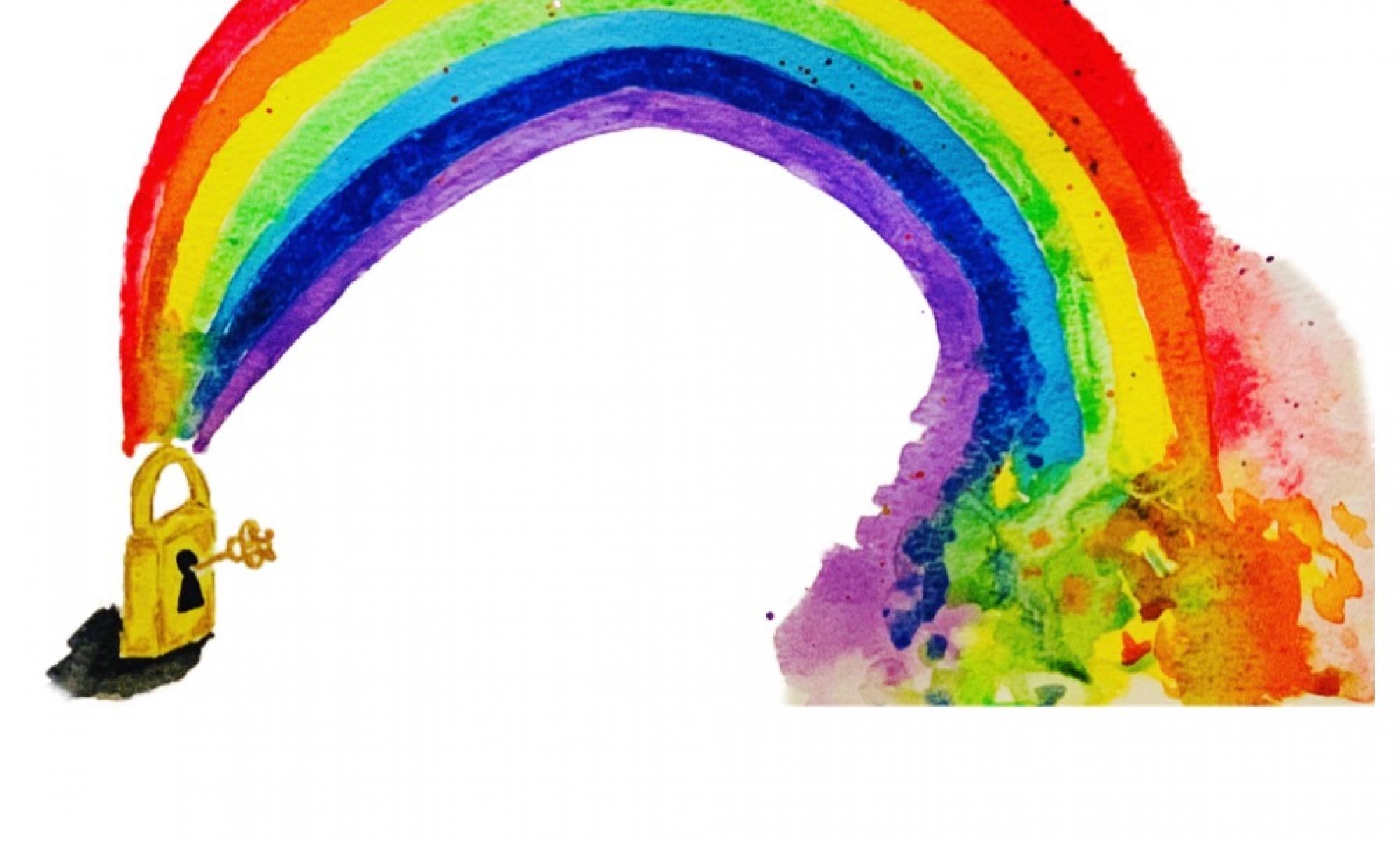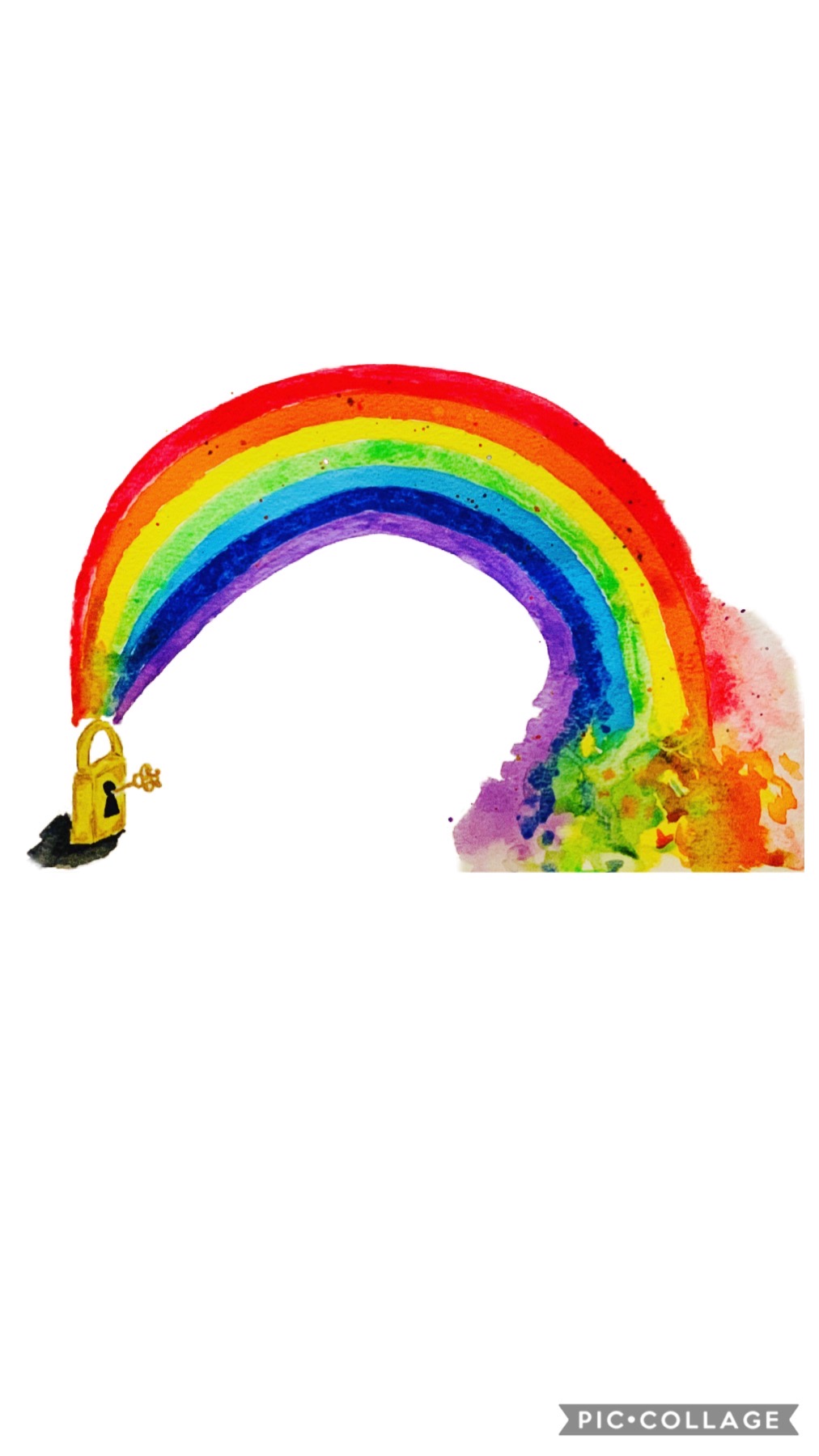
It is said that January is the most difficult month of the year for some people. Is it fact or fiction read on to make up your own mind!
So the tree, the twinkling lights and Christmas decorations are down. The lounge looks sparse, and unwanted Christmas presents sit in neat piles in the corner of the room. We have returned to work, and the weather outside is dark and gloomy. The wallet and credit card have taken a massive hammering at the not so discounted sales, and whilst the embers of Christmases past stay lingering in your mind, is it any wonder that January is deemed the hardest month of the year!
Fact- January is the second month of winter gaining between 90 seconds and two minutes of daylight each day.
Fact-January’s reputation as a month of endings and beginnings has carried on throughout history. The fact that we have 365 days to write a new chapter can only be a good thing!
Fiction-Blue Monday is the name given to the third week in January claiming it to be the most depressing day of the year. The concept was first publicised as part of a 2005 press release from holiday company Sky Travel, which claimed to have calculated the date using an equation.
However depression suffers will know it is not that simple! A statement on Mind’s websites says: “Here at Mind, we think it’s dangerously misleading.
“Those of us who live with depression know that those feelings aren’t dictated by the date.
“Implying that they are perpetuates the myth that depression is just ‘feeling a bit down’, something that doesn’t need to be taken seriously.”

Fiction- New year new me! Wrong same you different perspectives maybe? We all do it… this is the year that I will loose weight, save for my dream holiday, be dry for January, join the gym. Why does it have to be just January why can we not have dreams and aspirations all year round!
SAD Seasonal Affective Disorder
Is this really a thing? Do people suffer from lack of daylight hours? Where did it even stem from?
Fact- Seasonal affective disorder (SAD) is a type of depression that comes and goes in a seasonal pattern. SAD is sometimes known as “winter depression” because the symptoms are usually more apparent and more severe during the winter.
The exact cause of SAD isn’t fully understood, but it’s often linked to reduced exposure to sunlight during the shorter autumn and winter days. The main theory is that a lack of sunlight might stop a part of the brain called the hypothalamus working properly, which may affect the:
- production of melatonin – melatonin is a hormone that makes you feel sleepy; in people with SAD, the body may produce it in higher than normal levels
- production of serotonin – serotonin is a hormone that affects your mood, appetite and sleep; a lack of sunlight may lead to lower serotonin levels, which is linked to feelings of depression
- body’s internal clock (circadian rhythm) – your body uses sunlight to time various important functions, such as when you wake up, so lower light levels during the winter may disrupt your body clock and lead to symptoms of SAD

How to beat the blues anytime of year!
It’s time to crawl out from under the duvet and try these tips to keep the momentum going and, for possibly the first time ever, beat the blues at anytime of the year!
Diet
Take more vitamin D Studies are constantly reiterating the mood-boosting benefits of this vital vitamin. However, as our skin largely manufactures vitamin D through exposure to sunlight, it’s also regularly highlighted that, during the dark winter months, we probably aren’t getting our recommended daily dose. Plus, along with improving your mood, topping up on vitamin D can help strengthen the immune system and keep bones and teeth healthy.
Cautious on the comfort eating front, the stodge, the left over Christmas goodies. There are several reasons we sometimes resort to food for comfort, particularly at this time of year. An exaggerated craving for carbohydrates in winter can actually be a sign of SAD. Overeating in winter may also simply be due to the fact that we’re indoors more and we’re cold! Eating a well balanced diet all year round should alleviate your desire to scoff in the winter!
Exercise
Keep moving…the novelty of your new gym regime is probably wearing off by now. Exercise releases the happy hormone serotonin and, as well as being important for health, regular exercise will boost the positive results of all your healthy eating efforts – so keep going! It is also a great way to reduce stress. If your workout is feeling more chore than choice, make sure you’re giving your body everything it needs to perform at its best. Exercise all year round not just in the summer months!
Sleep

More sleep, with partying season long behind you its now time to replenish those sleep stores! Sleep plays a vital role in good health and well-being throughout your life. Getting enough quality sleep at the right times can help protect your mental health, physical health, quality of life, and safety.
The way you feel while you’re awake depends in part on what happens while you’re sleeping. During sleep, your body is working to support healthy brain function and maintain your physical health. In children and teens, sleep also helps support growth and development.
Sleep helps your brain work properly. While you’re sleeping, your brain is preparing for the next day. It’s forming new pathways to help you learn and remember information. Studies show that a good night’s sleep improves learning. Sleep also helps you pay attention, make decisions, and be creative.
Studies also show that sleep deficiency alters activity in some pathways of the brain. If you’re sleep deficient, you may have trouble making decisions, solving problems, controlling your emotions and behavior, and coping with change. Sleep deficiency also has been linked to depression, suicide, and risk-taking behaviour.
Connect with Nature

It has long been proven that connecting with nature has had many therapeutic benefits. Over at the TLC Counselling HUB being near the sea is our grin and tonic!
Nature is good for us. There’s plenty of evidence that exposure to nature is good for people’s health, well-being and happiness – with green spaces even promoting prosocial behaviours. Less is known about why nature is good for us. Simply put, nature is good for us because we are part of nature. We are human animals evolved to make sense of the natural world and this embeddedness in the natural world can often be forgotten and overlooked.
Mentally, we can become disconnected from nature because we’re now deeply embedded in a human-made world. Emerging research is showing that knowing and feeling this connection with nature is also good for us, and it helps bring about the wider health benefits of exposure to nature. Knowing your place in nature brings meaning and joy
(Dr Miles Richardson 2019).
Thanks for reading this article please let us know if you would like any topics covered in our blogs.
References
https://www.bbcgoodfood.com/howto/guide/keep-momentum-how-beat-january-blues-0
https://www.mind.org.uk/news-campaigns/news/busting-the-blue-monday-myth-with-blueanyday/
https://www.nhs.uk/conditions/seasonal-affective-disorder-sad/
https://www.nhlbi.nih.gov/health-topics/sleep-deprivation-and-deficiency

